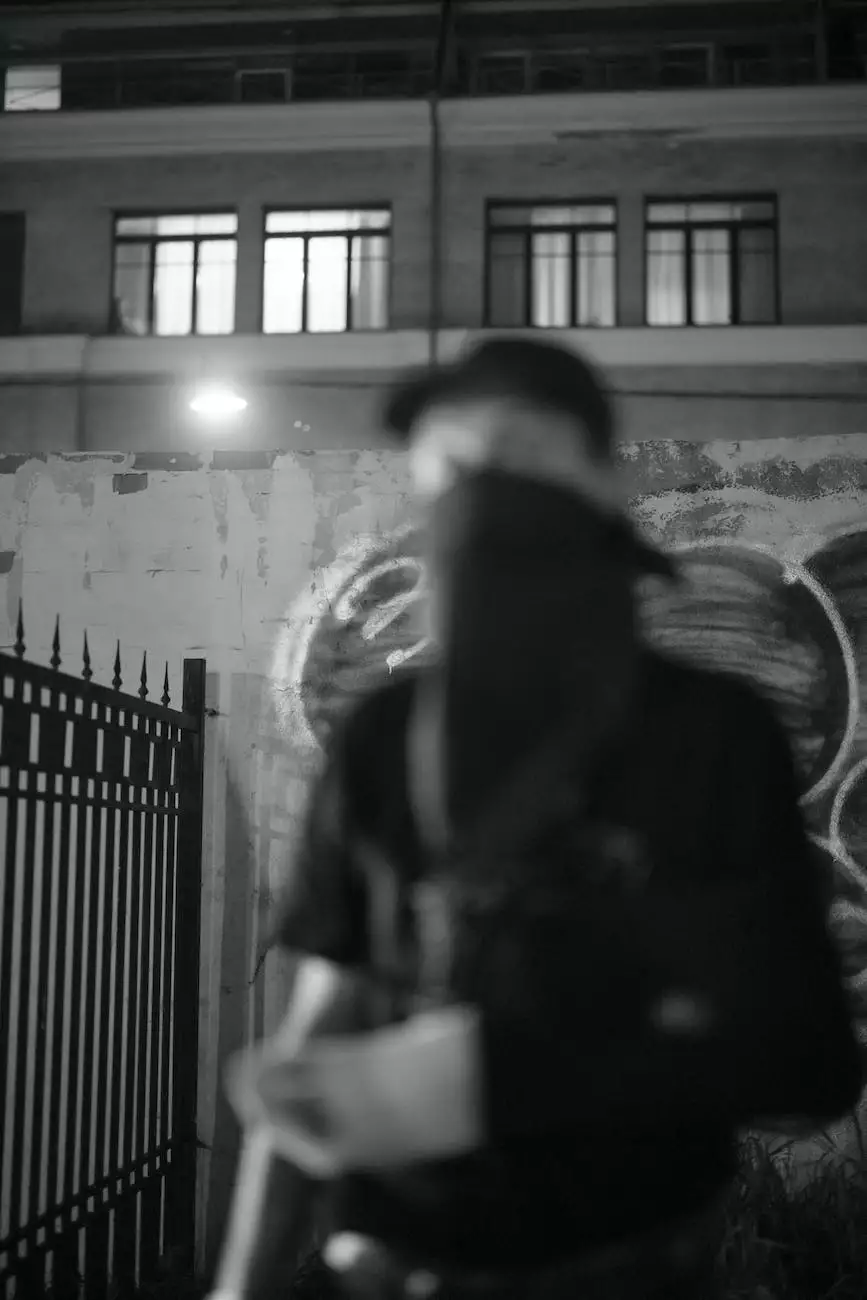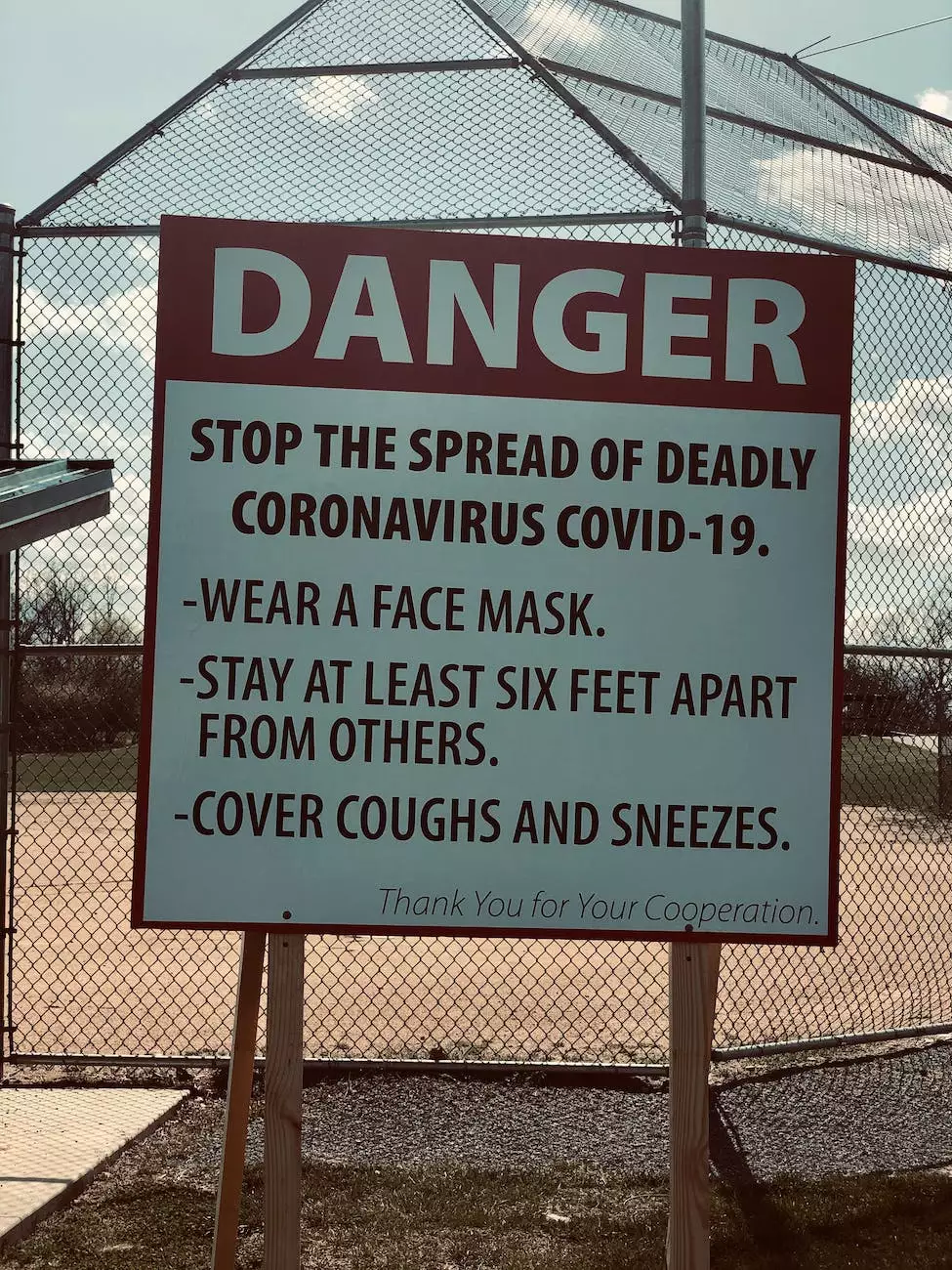Can the New Jersey Police Enter My House Without Permission?
Probation Changes
Introduction
Welcome to The Skiendziul Law Firm's page discussing whether the New Jersey Police can enter your house without permission. This informative article aims to provide you with essential knowledge about your rights and legal protections when it comes to police entry into your private residence.
Understanding Fourth Amendment Rights
The Fourth Amendment to the United States Constitution protects individuals from unreasonable searches and seizures. It states that people have the right to be secure in their homes and requires law enforcement to obtain a warrant based on probable cause before entering a dwelling.
Exceptions to the Warrant Requirement
While the warrant requirement is a fundamental protection, several exceptions exist that allow the New Jersey Police to enter your house without permission:
1. Consent
If you voluntarily give your consent for the police to enter your house, they can do so without a warrant. It's crucial to remember that you have the right to refuse consent, and it is often in your best interest to consult an attorney before granting permission.
2. Exigent Circumstances
In certain emergency situations, such as the risk of immediate harm or the imminent destruction of evidence, the police may enter your house without a warrant. However, the circumstances must be truly urgent and compelling.
3. Plain View Doctrine
If the police observe illegal activity or contraband through a window or an open door while legitimately present in a location, they can seize the evidence without a warrant. However, they generally cannot expand their search beyond what is immediately visible.
4. Hot Pursuit
If the police are in hot pursuit of a suspect and they see them enter a dwelling, they can follow the suspect inside without a warrant.
Your Rights During a Police Encounter
It's essential to understand your rights during a potential police encounter involving entry into your house:
1. Remain Calm and Respectful
Always strive to remain calm and respectful when interacting with law enforcement officers. Cooperate without compromising your fundamental rights.
2. Ask for Identification and Reason for Entry
If the police want to enter your house, ask to see their identification and inquire about the reason for their entry. Politely assert your rights and indicate that you will not provide consent without a warrant.
3. Document the Encounter
If possible, document the encounter by taking notes, recording audio, or filming the interaction. This information can be valuable later if you need to assert your rights or challenge any misconduct.
4. Consult with an Experienced Attorney
If the police enter your house without a warrant, it's crucial to consult with an experienced attorney who specializes in constitutional law. They can evaluate the circumstances of your case and provide you with the necessary legal guidance.
Conclusion
Knowing your rights when it comes to police entry into your house is crucial for safeguarding your privacy and protecting yourself from potential violations. The Skiendziul Law Firm is here to assist you in understanding and asserting your rights. Contact our knowledgeable legal team for expert advice tailored to your specific situation.
Disclaimer
This page is intended to provide general information only and should not be construed as legal advice. For personalized guidance, please consult with a qualified attorney.










